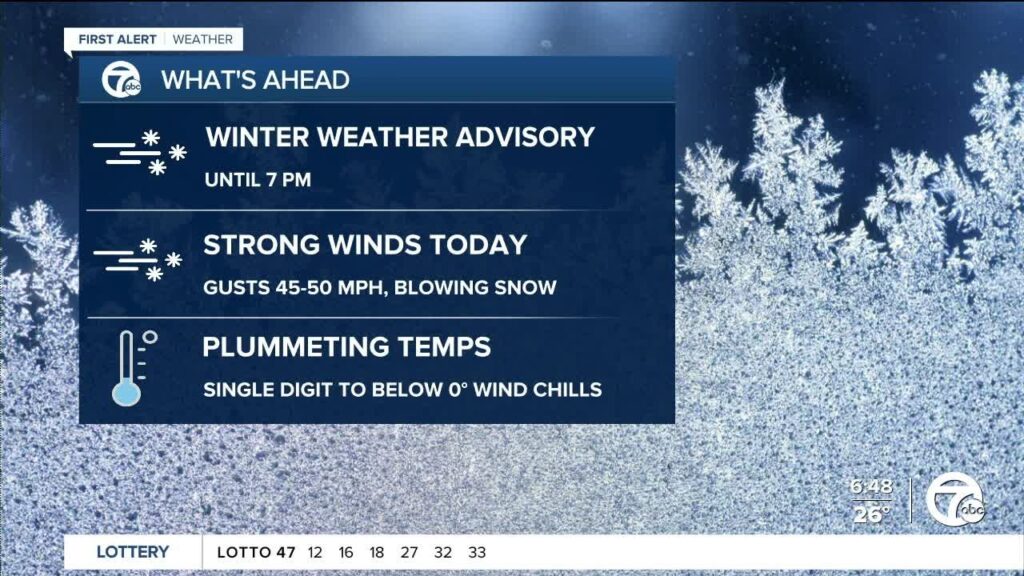
Introduction
As winter approaches, the likelihood of severe weather conditions increases, prompting weather agencies across Canada to issue winter weather advisories. These advisories are crucial for ensuring public safety and readiness in the face of snowstorms, freezing rain, and extreme cold. Understanding what these advisories entail is essential for individuals to take appropriate precautions and avoid dangerous situations.
What is a Winter Weather Advisory?
A winter weather advisory is issued when hazardous winter weather is anticipated, which can include snow accumulation, freezing rain, and slippery road conditions. The advisory alerts residents about the potential impact of these weather events, advising them to remain vigilant and prepared for adverse travel conditions.
Recent Advisories in Canada
In recent weeks, Environment Canada has issued multiple winter weather advisories across various provinces, including British Columbia, Ontario, and Quebec. For instance, a recent advisory for southern Ontario highlighted concerns about significant snowfall and icy conditions affecting travel routes. According to Environment Canada, regions in Ontario could expect up to 15 cm of snow, along with freezing rain, leading to treacherous driving conditions and the risk of power outages.
Moreover, British Columbia has faced its share of winter challenges, with advisories warning of heavy snowfall in mountainous areas, impacting both travel and outdoor activities. The provincial emergency management system has been activated to address potential emergencies stemming from the snowy conditions.
Safety Tips During Winter Weather Advisories
Residents are encouraged to take precautionary measures whenever a winter weather advisory is issued. Here are some key safety tips:
- Travel Cautiously: If travel is absolutely necessary, drive slowly and keep a safe distance from other vehicles. It is advisable to carry emergency supplies in your vehicle, including blankets, food, and water.
- Stay Informed: Regularly check for updates from local weather channels or the official Environment Canada website to remain informed about the evolving weather conditions.
- Protect Your Home: Ensure that your home is winter-ready by checking heating systems and adding insulation where necessary. Clear sidewalks and driveways of snow and ice to prevent accidents.
- Help Neighbors: Consider checking on neighbors, especially the elderly or those with mobility challenges, to ensure they are safe and have necessary supplies.
Conclusion
Winter weather advisories play a significant role in promoting safety during the colder months. As we move further into winter, being aware of these advisories and taking necessary precautions can prevent accidents and save lives. By staying informed and prepared, Canadians can better navigate the challenges winter weather brings. It is important to heed the warnings issued by meteorological agencies and to adapt accordingly to ensure personal safety and the safety of others.



